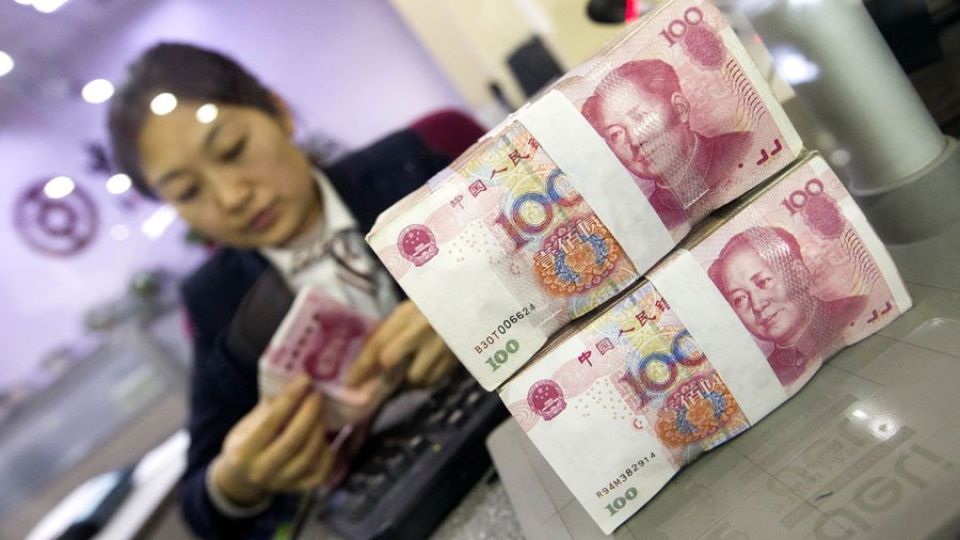December 21, 2022
BEIJING – China’s proactive fiscal policy is expected to prove effective through efficient scaling up of general transfer payments and by making more optimal use of fiscal funds so as to meet the needs of key investment projects, boost demand and secure essential livelihoods, officials and experts said over the weekend.
China’s Central Economic Work Conference, which concluded on Friday, said the country’s fiscal policy will be stepped up and made more efficient while maintaining the necessary intensity of fiscal spending.
Han Wenxiu, an official with the office of the Central Committee for Financial and Economic Affairs, said at a conference on Saturday that on the one hand, the intensity of fiscal policy will be expanded. The policy mix of fiscal deficit and discount on special local government bonds will be optimized. On the other hand, efforts will be made to ensure more efficient use of fiscal funds so as to directly energize the country’s proactive fiscal policy.
At the same event, Xu Hongcai, China’s vice-minister of finance, said the country will ensure the intensity of government-powered investment through special local government bonds, and keep scaling up general transfer payments to local governments next year to create an enabling and solid foundation for economic performance. Substantial efforts will be made to make the country’s fiscal capacity more sustainable.
Economists and analysts said this year’s Central Economic Work Conference has set a positive and forceful tone for fiscal policy. Robin Xing, chief China economist at Morgan Stanley, said he expects infrastructure investment growth to remain elevated in the first half of 2023.Both property investment and infrastructure or fixed-asset investment will grow, he said.
Wen Bin, chief economist at China Minsheng Bank, said the conference reiterated the importance of “keeping the necessary intensity of fiscal spending” and also underlined the need to defuse systemic risks. The deficit-to-GDP ratio in 2023 will likely grow to 3 percent, but the scale of special local government bonds may not change, he said.
China set the country’s deficit-to-GDP ratio at 2.8 percent for 2022.
Wen said this year’s meeting has set a slightly different tone regarding infrastructure investment compared with last year. This year, the meeting has underlined the importance of attracting more private and social capital to the construction of key national projects and other projects that shore up weak links in the economy.
“This means the role of policy finance and private capital will be better harnessed, and that the previous paramount role of special local government bonds in driving investment will weaken,” he said.


